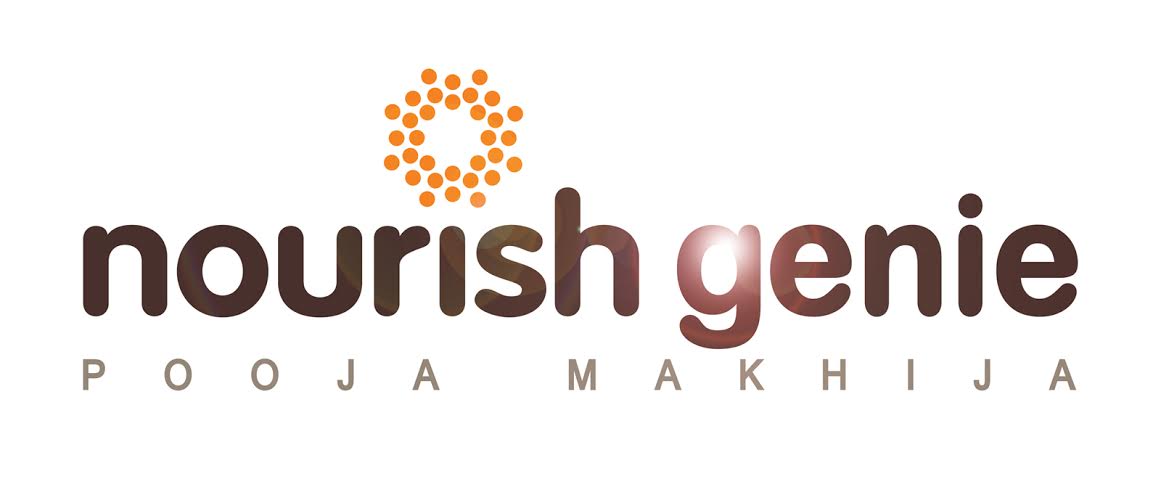At this time of the year, what’s colder than the nip in the air is usually that chill running up and down your spine: whether a student or a parent, ’tis not the season to be jolly. Because it’s exam time.
When it comes to February-March, nutrition rules are flung out of the window. Comfort food replaces regular meals and overindulgence replaces common sense. The need for emotional eating is understandable as is the natural gravitation towards fattening and sugary meals. They provide students with a warm hug when they need it the most. But it’s also harmful.
Remember, exam nutrition is not about counting calories. Poor nutrition is detrimental to one’s ability to concentrate, retain and perform well under pressure. So, nutrition during exam time is simply about harnessing the best of what food can offer so that the body functions at its optimum level.
NIX THE JUNK
Avoid giving your child too much comfort food; try to ration it out. Rich, heavy foods are harder to digest and divert blood from the brain, which is needed the most by the digestive system during this time. Your brain needs blood because it brings oxygen with it, vital for its efficient functioning. That’s one of the reasons why students retain far more information early in the morning compared to later in the day. Because there’s very little to distract blood from going to the nervous system.
PUSH FOR PROTEIN
Protein works beautifully in helping the brain both retain information and recall it. Give your child good lean protein like dal, eggs, fish, chicken and quinoa, to help him or her get the best out of their prep.
CAFFEINE
While it seems like a knight in shining armour, the lesser the dependence on caffeine, the better it is for your child. Most parents don’t know how many milligrams of caffeine is safe to be given to a child, and that in itself is tricky to estimate because it differs from person to person. Forget children, sometimes caffeine levels are hard to estimate even for adults. An overdose of caffeine induces side-effects like loose motions, palpitations, and sometimes, even more serious ones like respiratory distress, vomiting and convulsions. Too much caffeine could also be counterintuitive to the exam process as it could bring about an inability to focus and concentrate. Common caffeine sources include energy drinks, black teas, coffees and caffeine tablets.
WATER
Adequate hydration is crucial for the proper functioning of the body, including the brain, and dehydration could bring with it headaches and tiredness. At least 8-10 glasses or 2 litres of water is recommended every day.
SLEEP
While this has nothing to do with nutrition, if you don’t sleep, your brain doesn’t work well. When you sleep is when your brain organises everything you have taught it, so that when you are awake, it functions almost like a jukebox. The fewer hours you sleep, the lesser time your brain gets to organise its short-term and long-term memory.
In short, pass the nutrition test, and you’re off to a flying start.



